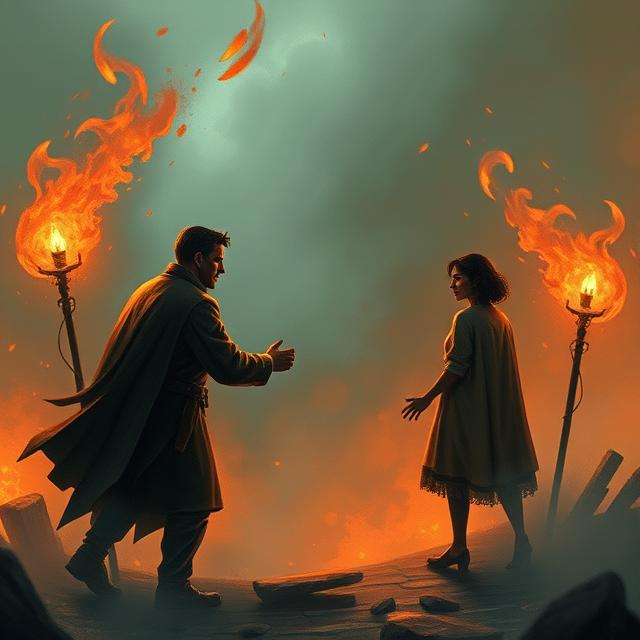Morality systems in games have evolved far beyond “good vs. evil.” Modern titles often opt for gray decisions, consequence-based storytelling, and moral ambiguity, reflecting the complexity of real-world ethics.
Earlier systems, like Mass Effect’s Paragon/Renegade scale or KOTOR’s light/dark path, offered clear consequences. They encouraged consistent alignment, but often oversimplified complex decisions into binary choices.
In contrast, The Witcher 3 thrives in moral grayness. Choices rarely have immediate feedback—and often, there’s no “right” option. Saving one character may doom another. The impact is emotional and situational, not point-based.
Undertale takes morality to the meta level. The game tracks your entire play history. If you choose violence, even in a new playthrough, the world remembers. It’s not just what you do—it’s what you chose to do when you had a choice.
Morality systems work best when:
- Choices affect relationships or world state
- Outcomes are delayed and unpredictable
- The player isn’t told what’s “good” or “bad”
- Narrative reflects on actions rather than judging them
By respecting complexity, games create more personal, meaningful stories. They let players define their own morality—not just roleplay a pre-written path.

Leave a Reply